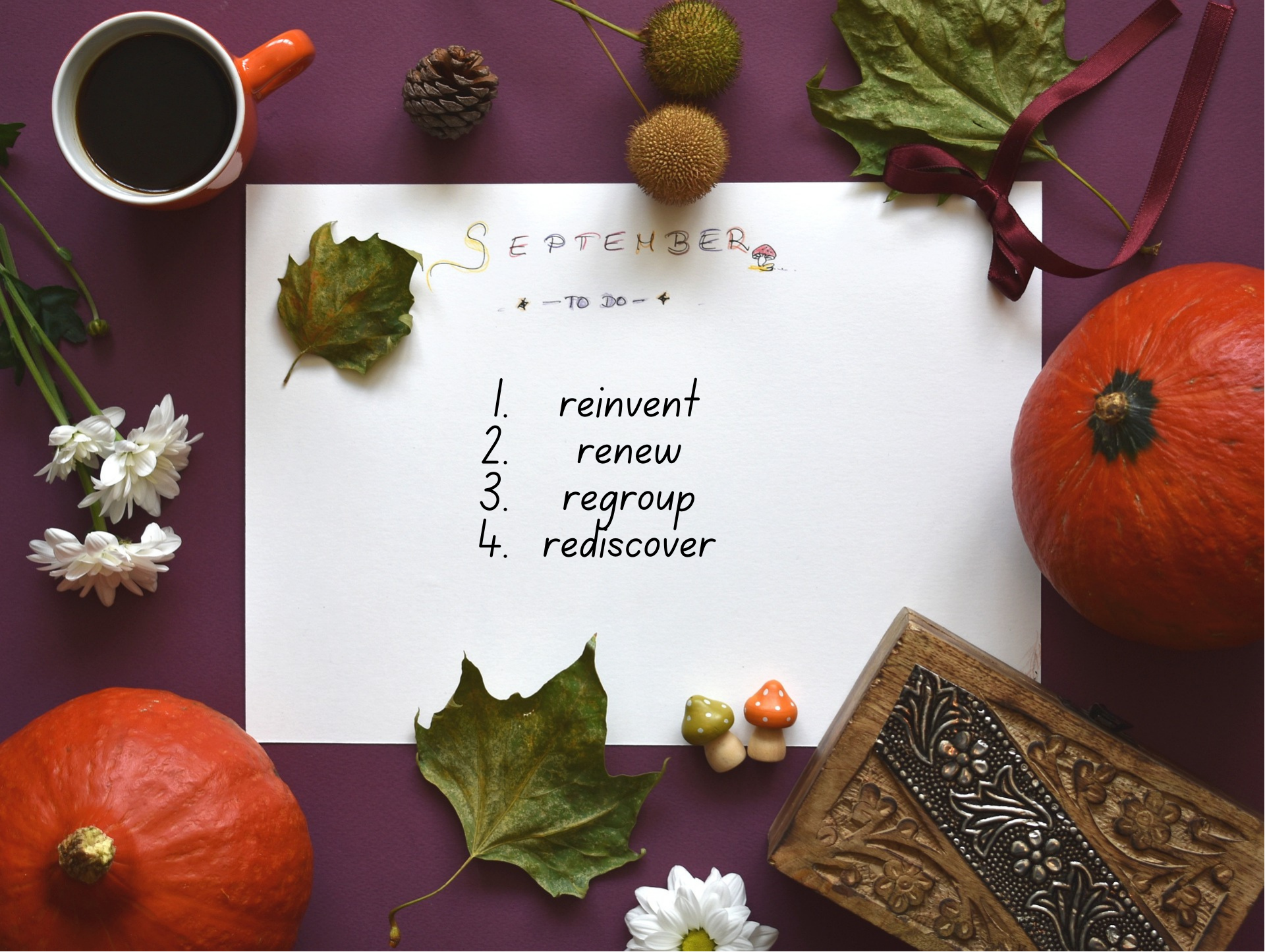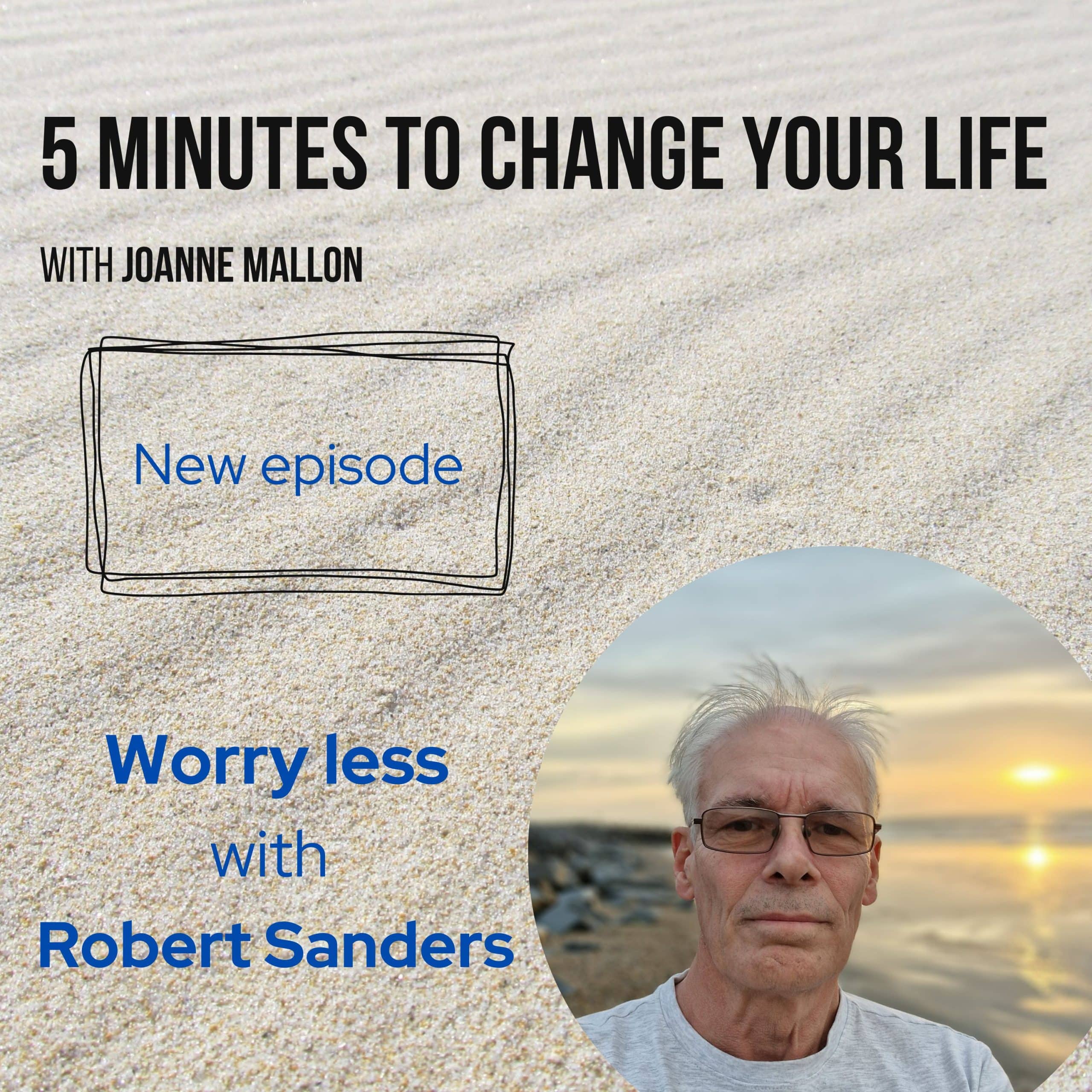How to be more Positive: try this strategy 3 times daily
Learning how to be more positive is not just a nice thing to have — it’s essential for maintaining mental and emotional well-being. One of the most effective yet underappreciated methods to foster positivity is through the recognition and celebration …
How to be more Positive: try this strategy 3 times daily Read more »









